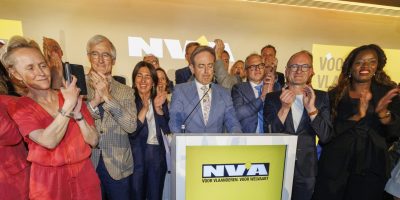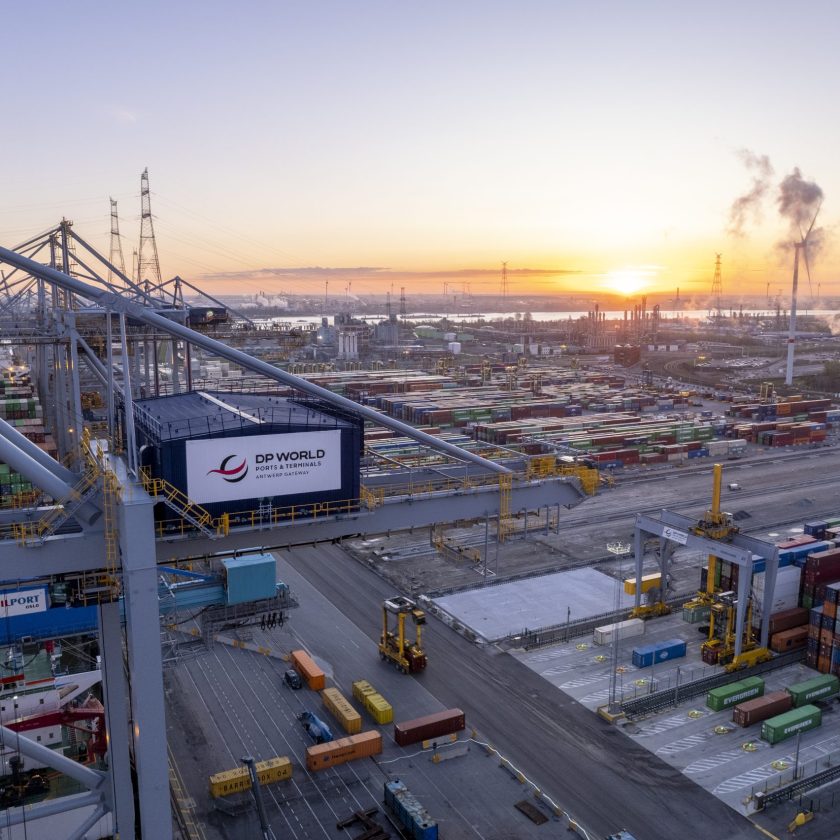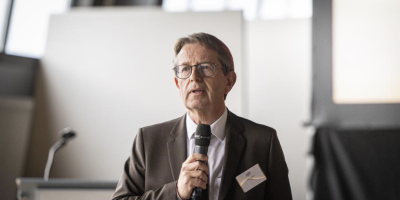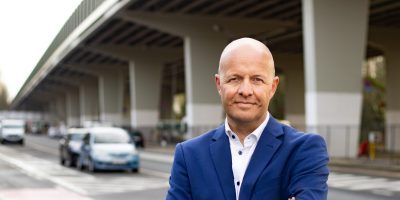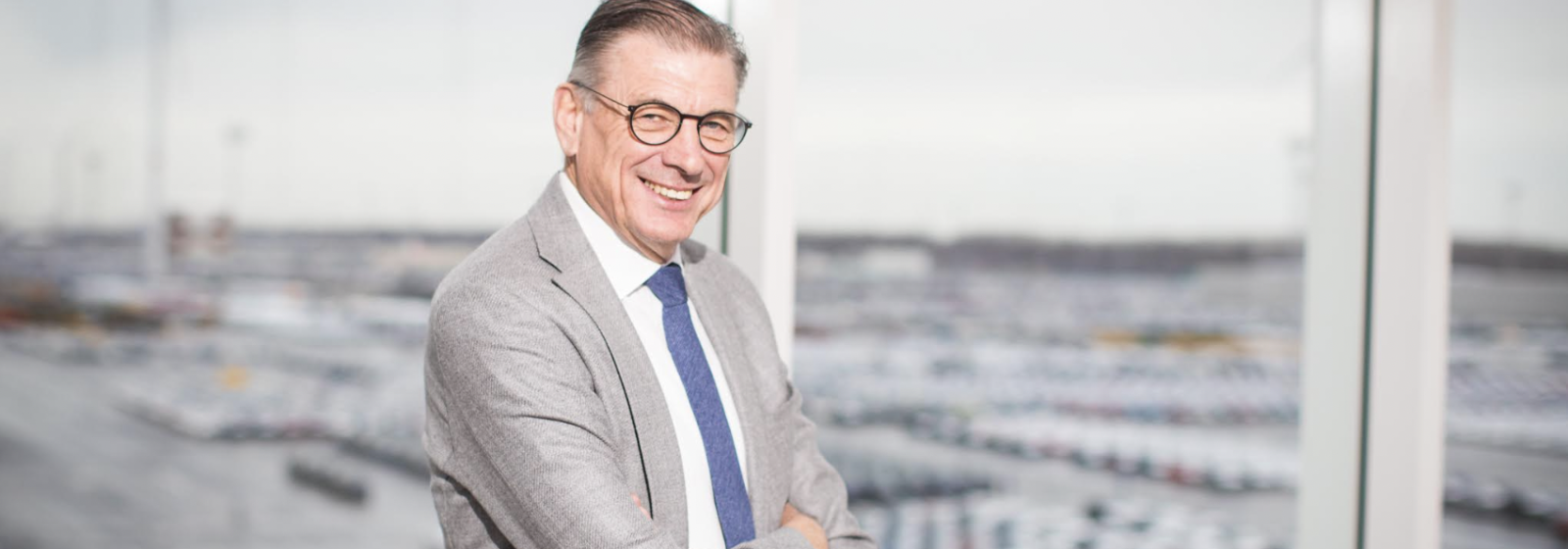
Following the elections, Flows put a few questions to some key players in the logistics world. Today, Marc Adriansens (president of ICO) kicks off: “Zeebrugge still needs a real inland navigation connection, as estuary navigation is not a full-fledged solution.”
In the run-up to the Flemish, federal and European elections on 9 June, Flows polled what priorities the maritime and logistics sector has for politics. ICO president Marc Adriansens, in this post, outlines which dossiers made progress, and which issues were shelved …
For you, what is the most important dossier on the table for the 2024-2028 period?
Marc Adriansens: “For the port of Zeebrugge, it is without a doubt the new Visart lock, which urgently needs to be built. The new second sea lock must guarantee the nautical accessibility of the inner port in the future as well. A dossier that has been dragging on for 20 years. We had hoped that the current government would approve the final project decision (the building permit, as it were), but unfortunately we did not get that far. The ‘draft framework project decision’ has recently been approved, but there are still many steps to be taken in the procedure before we will be at the final project decision. By then, we are almost spring 2025. So that means the next Flemish government will have to finalise and approve this dossier, plus put the shovel in the ground. It is a very important dossier worth almost €3 billion.”
“In addition, we ask the next government to link the Kustvisie dossier (protection of the coastal region against sea level rise) to a seaward expansion of Zeebrugge port. We see in this an opportunity to grow as a port and make 1 + 1 = 3. The next government should especially explore the possibilities around this, so broaden the focus a bit beyond what it has been so far. There is still a lot of study work to be done, so we ask that those studies include expansion opportunities.”
What political breakthrough from the past legislature has pleasantly surprised you?
“We would like to refer to the importance of the permanent deduction of withholding tax on shift work, see Minister Van Peteghem’s policy. People wanted to abolish this. This is also a very important dossier for port companies working with dockers. There has been a lot of consultation on this, including with Cewez. It looks like this system will be retained after all, which is certainly good news for the port of Zeebrugge.”
“Surely another important fact is the merger between MBZ and Port of Antwerp to form Port of Antwerp-Bruges. It was an important political decision to merge the two ports. We were closely involved and this is important because a lot has changed for the companies in Zeebrugge. Apzi-Voka drew up a 10-point programme for this. This is still checked off at every STHIL meeting with the Port Community and Port of Antwerp-Bruges.”
In which dossier was hardly any or no progress made?
“The inland waterway access to Zeebrugge remains our Achilles heel. In the past legislature, the Flemish government even decided to scrap the reservation lanes for the Schipdonk Canal. A low point for us, since the Flemish government is nevertheless fully committed to multimodal accessibility of the ports. Zeebrugge still needs a real inland waterway connection because estuary shipping is not a full-fledged solution. In the upgrading of the Ringvaart around Bruges, nothing at all has happened in the last five years. So in terms of inland navigation connection, there is even further deterioration, not to say loss.”
Is European policy sufficiently in harmony with local policy?
“This ties in with the previous question: Europe is asking to bet on sustainable transport modes, wants to encourage multimodality and inland waterway connection. For example, the Seine-Scheldt and TEN-T networks. But to build such infrastructure, we run into regional and local opposition which keeps us stuck. 75% of the goods leaving Zeebrugge are therefore still done by truck. So the concrete translation of a great European vision into an implementation on the ground locally, certainly does not always run smoothly.”
Are politicians sufficiently in touch with port/logistics?
“We do notice a lot of interest from politicians (and this at all levels) in what happens in the port of Zeebrugge. We are therefore an important economic engine. Both local politicians and regional or national politicians are aware of this and are usually willing to engage with companies in the port.”
Which politician has inspired you the most?
“Any politician who has a heart for the port of Zeebrugge and appreciates and supports entrepreneurship.”

